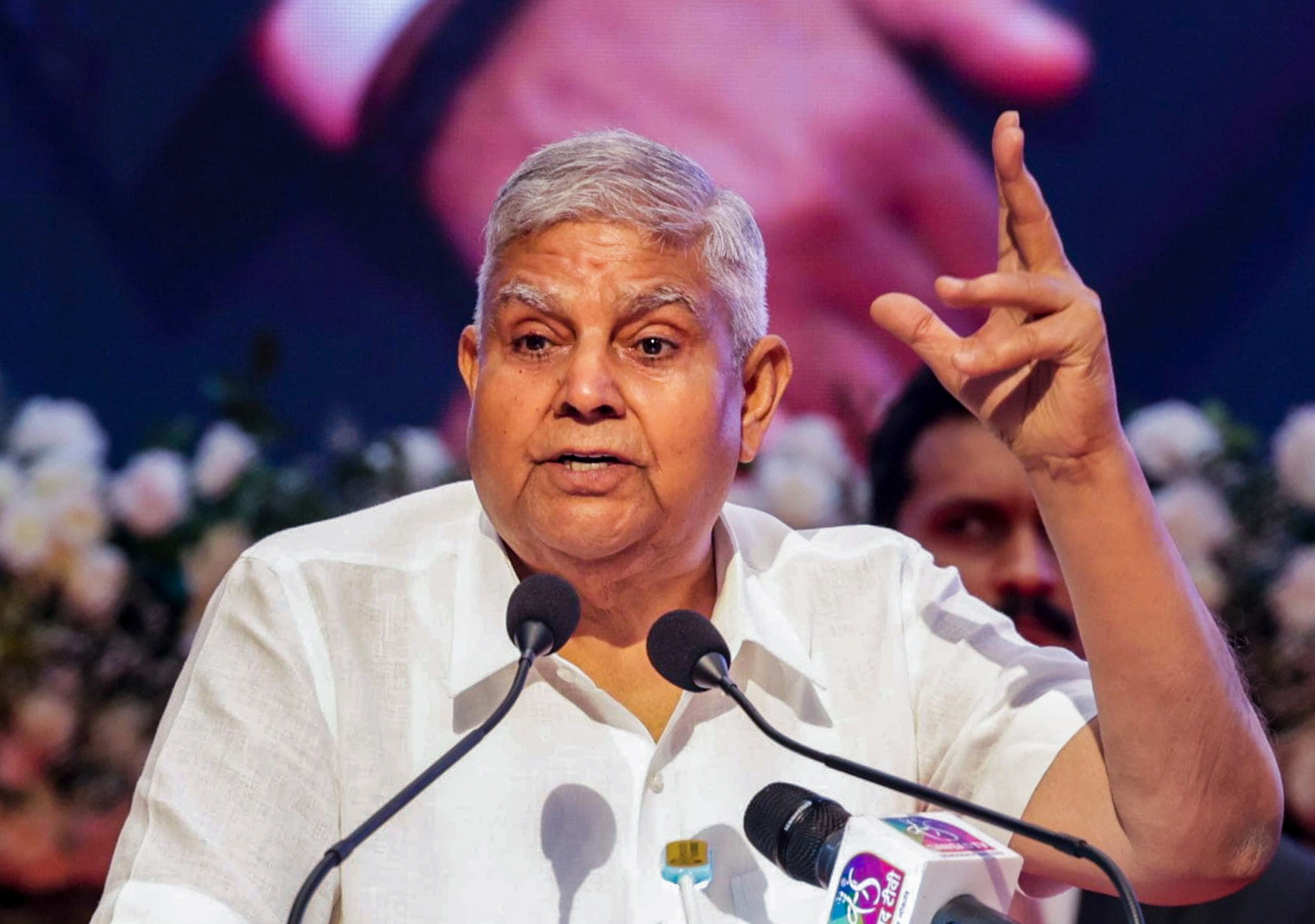J. P. Dhankhar’s resignation as Vice President of India came as a surprise to many, particularly given the significant role he played in the country’s political landscape. His tenure was marked by a series of challenges and controversies that ultimately led to his decision to step down. As a seasoned politician, Dhankhar entered the Vice Presidency with a wealth of experience, having served as the Governor of West Bengal and a prominent member of the Bharatiya Janata Party (BJP). However, his time in office was overshadowed by increasing political tensions and a growing disconnect between his office and the government.
One of the primary factors contributing to Dhankhar’s resignation was the mounting pressure he faced from various political factions. Despite his efforts to maintain a neutral stance, he often found himself at odds with the ruling party’s agenda. This tension was exacerbated by his outspoken nature and willingness to challenge established norms, which resonated with some segments of the public but alienated others. As political dynamics shifted, Dhankhar became increasingly aware that his position was becoming untenable, leading him to explore other avenues for his career.
Moreover, Dhankhar’s resignation can also be viewed in the context of the broader political landscape in India. The Vice Presidency, while largely ceremonial, has evolved into a platform for significant influence, often dictated by the political climate. Dhankhar’s inability to navigate these complexities ultimately left him with few options. With his departure, he signaled a recognition of the need for a more harmonious relationship between the Vice President’s office and the government. This decision not only reflects his personal convictions but also highlights the intricate dance of power and influence within Indian politics.




